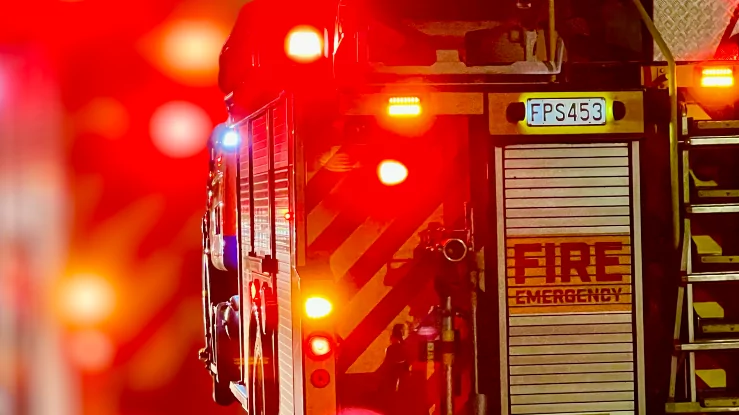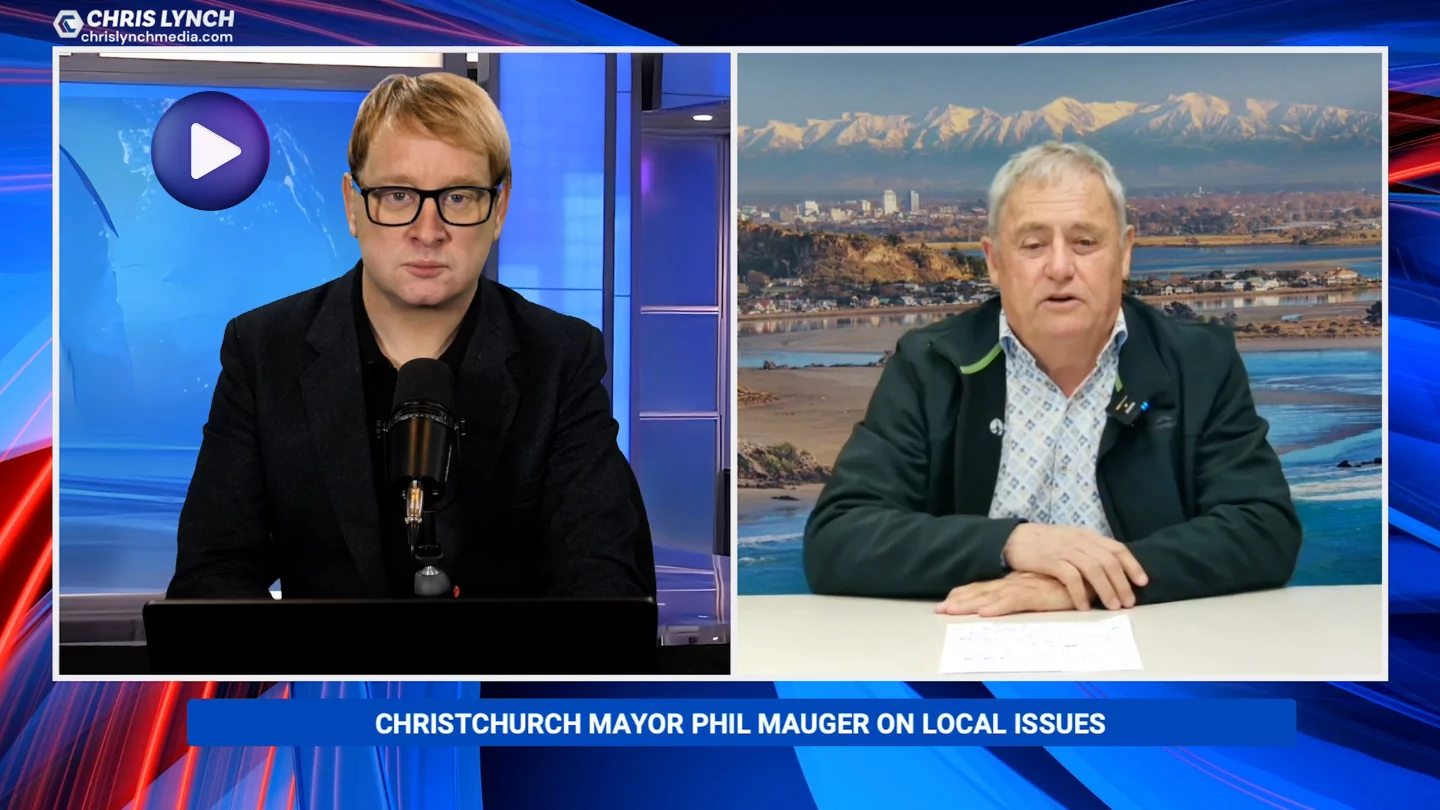Christchurch public hospital has seen triple the number of children at the Emergency department compared to the same period last year.
Canterbury District Health Board Chief Medical Officer Dr Helen Skinner said children aged 0-15 years old have been admitted to Christchurch Hospital with respiratory infections, with 281 presentations to ED in June this year and 188 between 1-7 July.
This compares with 278 for June 2019 and only 59 in the period between 1-7 July in 2019.
“At times capacity has been stretched due to a surge in respiratory viral infections, but thanks to the outstanding work of our clinical staff we are able to make use of beds across all of our Paediatric areas to meet demand.”
Preschools across Christchurch have cancelled events planned to celebrate Matariki because of the high number of respiratory infections in the city.
The increase in patients requiring assessments and admissions has placed pressure on bed capacity, with impacts on wait times for assessment and elective surgery activity.
Four planned surgeries on Tuesday were postponed due to an increase in paediatric patients requiring acute care, predominantly children with respiratory tract infections caused by RSV.
The theatre time that was allocated for paediatric surgery was instead utilised by our orthopaedic team. No further surgeries have been deferred this week.
Dr Helen Skinner said the CDHB was unable to confirm whether the admissions were all due to RSV specifically as viral testing is not conducted on every child with a respiratory illness and if a test was conducted for clinical reasons, the results would be detailed in individual patient notes.
“Anecdotally, we are seeing an increased number of children presenting to our facilities with RSV this week.”
Canterbury District Health Board Chief Medical Officer Dr Helen Skinner
“We believe a contributing factor to this increase is the fact that as result of the COVID-19 restrictions in place last year, children didn’t get the usual exposure to viruses during winter and therefore they may be more vulnerable to the respiratory syncytial virus (RSV) and other respiratory viruses this year.
Canterbury District Health Board Chief Medical Officer Dr Ramon Pink said in the early stages of winter this year, the Canterbury region experienced very low numbers of Respiratory Syncytial Virus (RSV) circulating in the community.
“However in the past two weeks there has been a steep rise in the number of confirmed cases in our region, with 41 confirmed since last Thursday. This likely reflects the rise seen in other parts of the country. “
What is RSV?
-
RSV is a virus that causes infections of the lungs and respiratory tract.
-
It is one of the viruses that typically circulates in the community during the winter months affecting young and old alike.
-
Symptoms are usually mild and typically mimic a common cold but they can develop into severe infection in babies – especially premature infants and elderly or those with weak immune systems.
Advice for preventing the spread of respiratory illness
-
Turn away from others and use tissues when you cough or sneeze.
-
Wash your hands after coughing, sneezing or blowing your nose.
-
Wash your hands often and especially before touching food, dishes, glasses and cutlery.
-
Use paper towels in bathrooms.
-
Don’t let your nose or mouth touch public telephones or drinking fountains.
-
Don’t share food or eating utensils with others.
-
Avoid close contact with others for the first 2–4 days.
-
If you have COVID-19-like symptoms, get tested.









